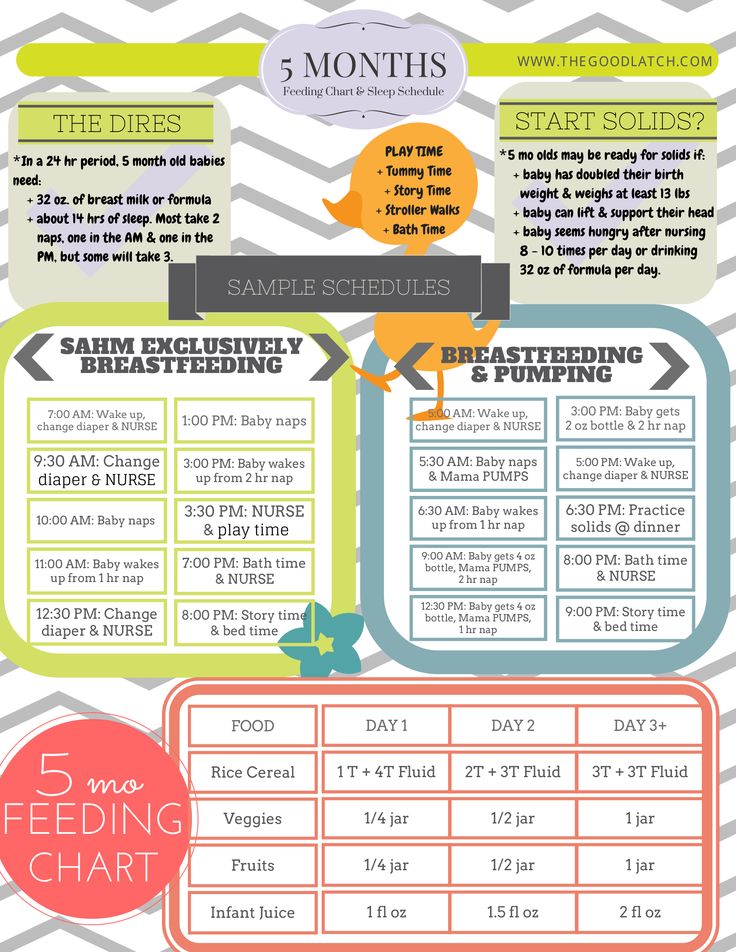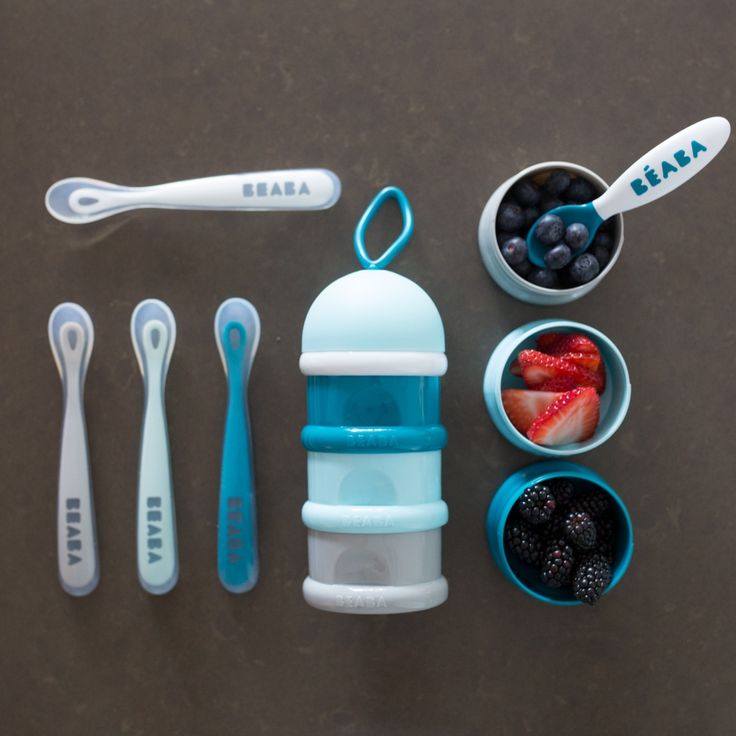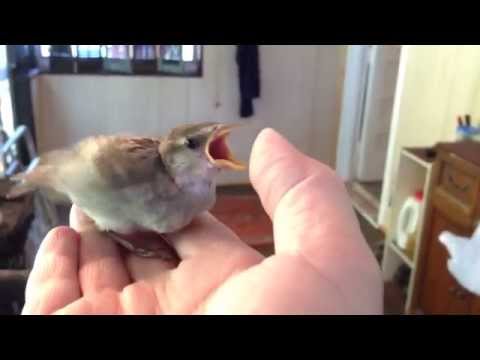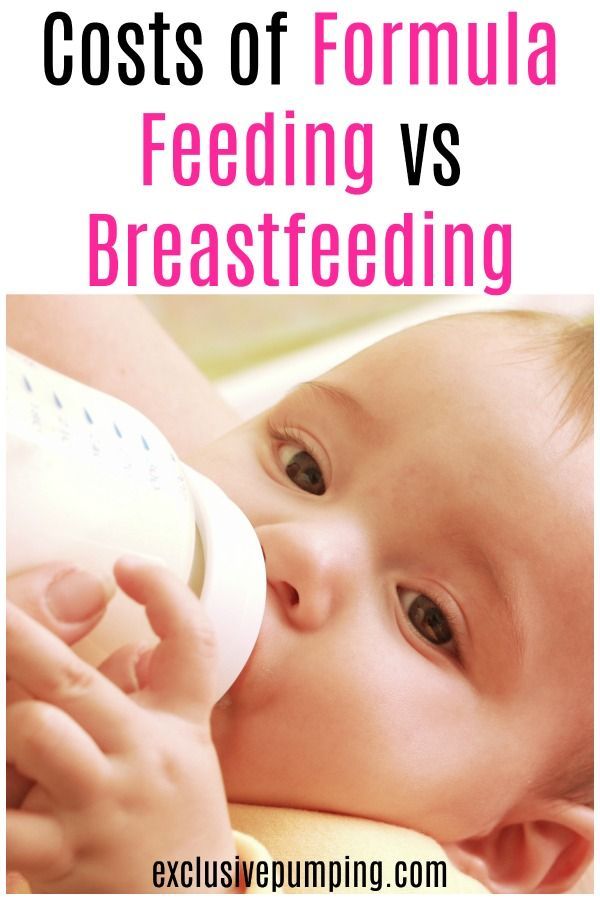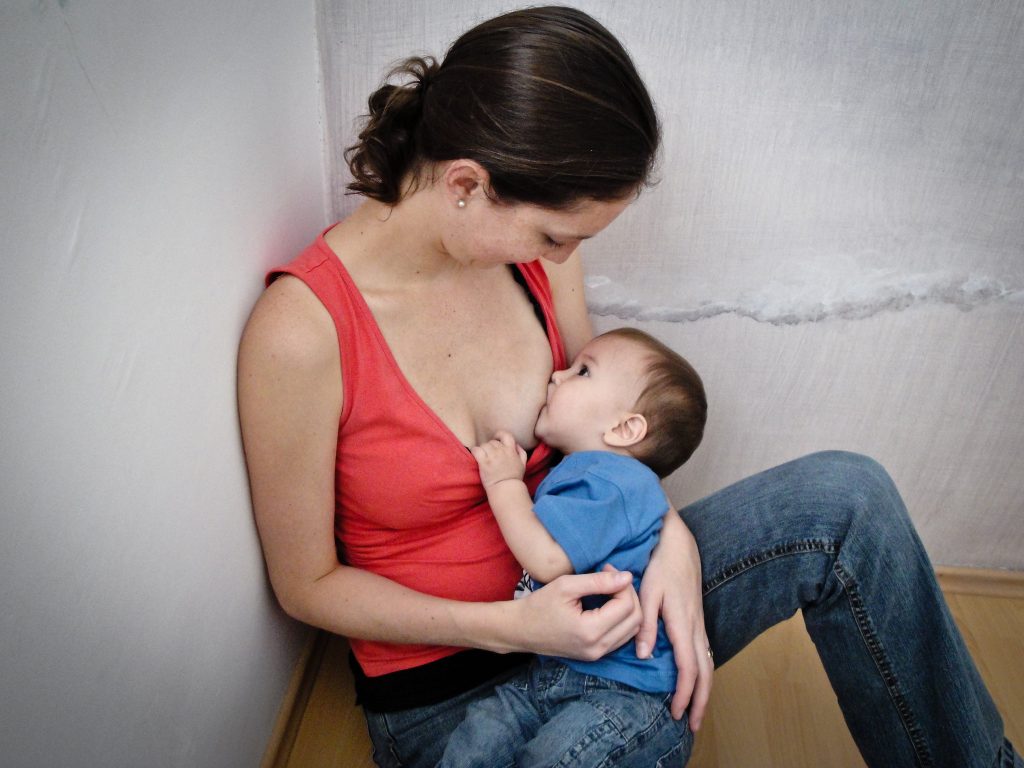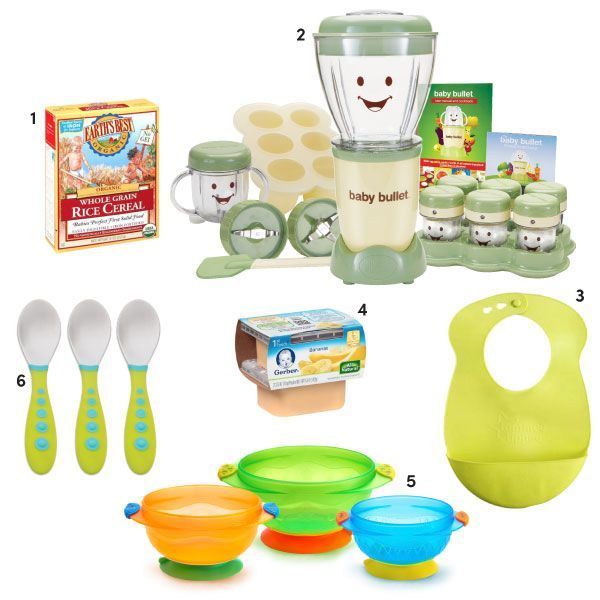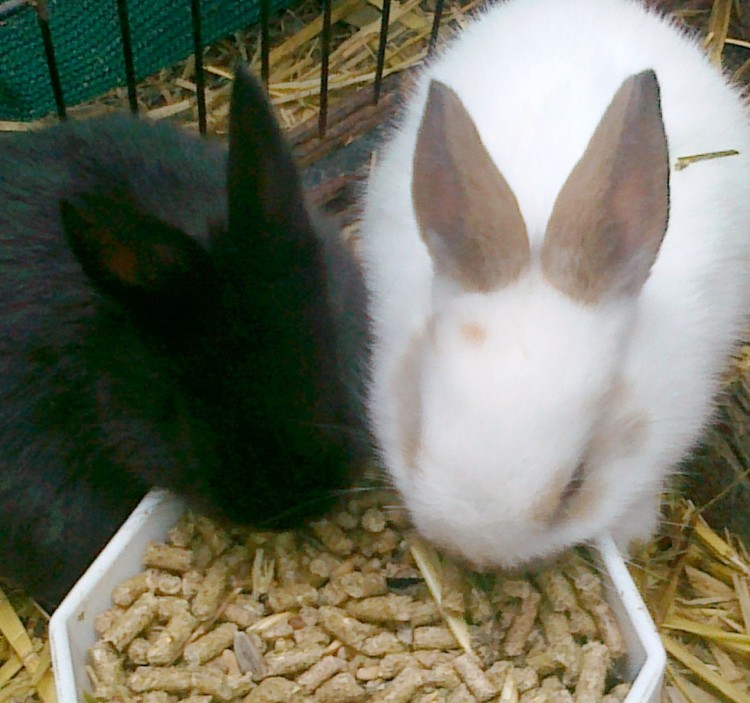Baby feeds all the time
How to Handle a Newborn Constantly Feeding
A newborn constantly feeding can exhaust any parent. Here’s how to handle the cluster feeding, especially when you’re breastfeeding.
I just about had it.
The sore nipples from a bad latch, the cluster-feeding sessions, the leaking—I was over it. I felt glued to my baby and shot dagger eyes at anyone who suggested feeding him the second he’d fuss. I was ready to give up.
And that was just five days in with breastfeeding.
But beyond the physical pain, breastfeeding for many moms is especially hard when your newborn is constantly feeding. Your baby wants to nurse all the time, hungry and unsatisfied despite the frequent nursing.
For instance, within a two-hour time frame, she’s already nursed a whopping four times.
As a first-time mom, you’re curious whether this is normal. If other babies also want to eat within minutes of having been just fed. You wonder whether it’s even possible to overfeed a newborn or if yours is eating too much—especially since she’s constantly wanting to be fed.
How to handle your newborn constantly feeding
Rest assured friend, you’re not alone. And more importantly, your newborn constantly feeding is normal and common.
Known as newborn cluster feeding, frequent feeding is her way of getting your body to produce enough milk, especially during a growth spurt. Think of it as nature’s way of increasing your breast milk supply. After all, the more demand for milk, the more your body will produce.
Plus, she likes to be near you not just for food but for comfort. You smell good, you’re the perfect temperature for her body, sucking is soothing—it’s no wonder she simply wants to be snuggled and fed.
That said, I don’t blame you if you feel exhaustion and even—let’s be honest here—resentment of being the only one able to feed her. I totally understand that feeling of being tied down, and the lack of freedom that a newborn constantly feeding can bring.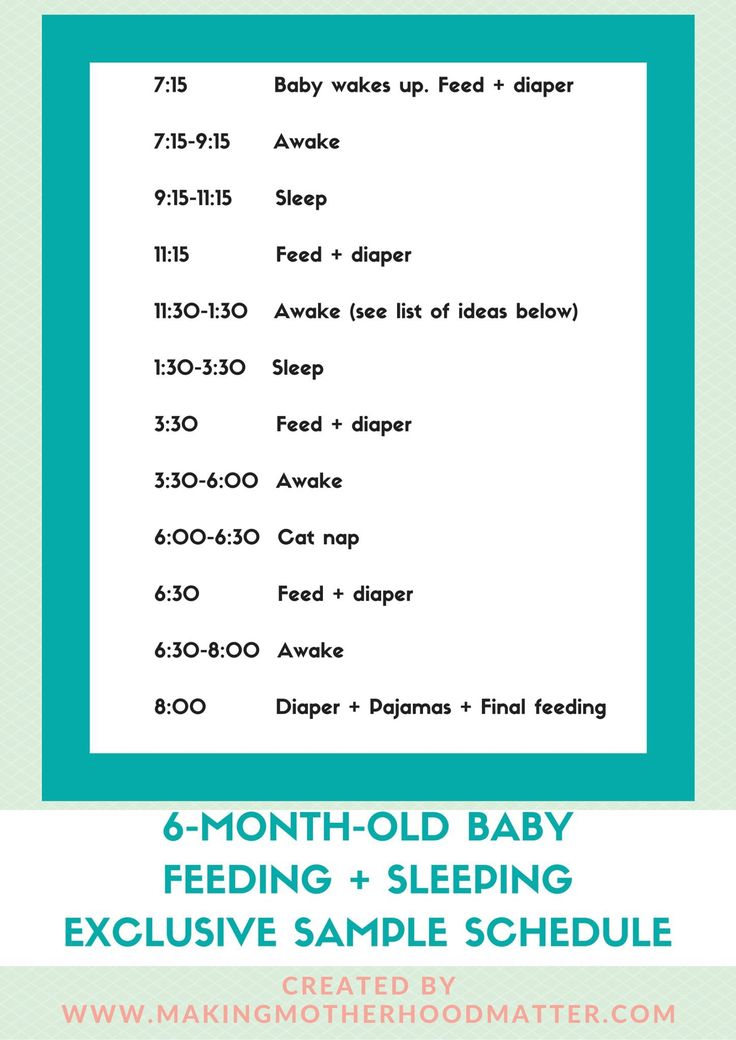
So, here are a few practical ways of coping with cluster feedings, both to see if she can gradually wean from them, as well as how to cope in the meantime.
1. Make sure your newborn is emptying the breast
Did you know that breast milk comes in stages? During the first few minutes, your newborn is drinking the fore milk (or the lighter part of the milk). Afterward, she drinks the hind milk (the fattier, more filling part).
If she’s only nursing a few minutes on each side, she might not be getting the hind milk, and ends up hungrier sooner than later.
Instead, make sure she’s emptying the entire breast so she gets both kinds of breast milk from each side. This will help fill her up so she’s able to go longer between feeds.
A simple way to make sure she empties the breast? Don’t let her sleep on the job. Feed her after she wakes up, not before she’s about to sleep, so that she doesn’t doze off during feeding.
Besides making sure she’s emptying the breast completely, offer her both of them as well.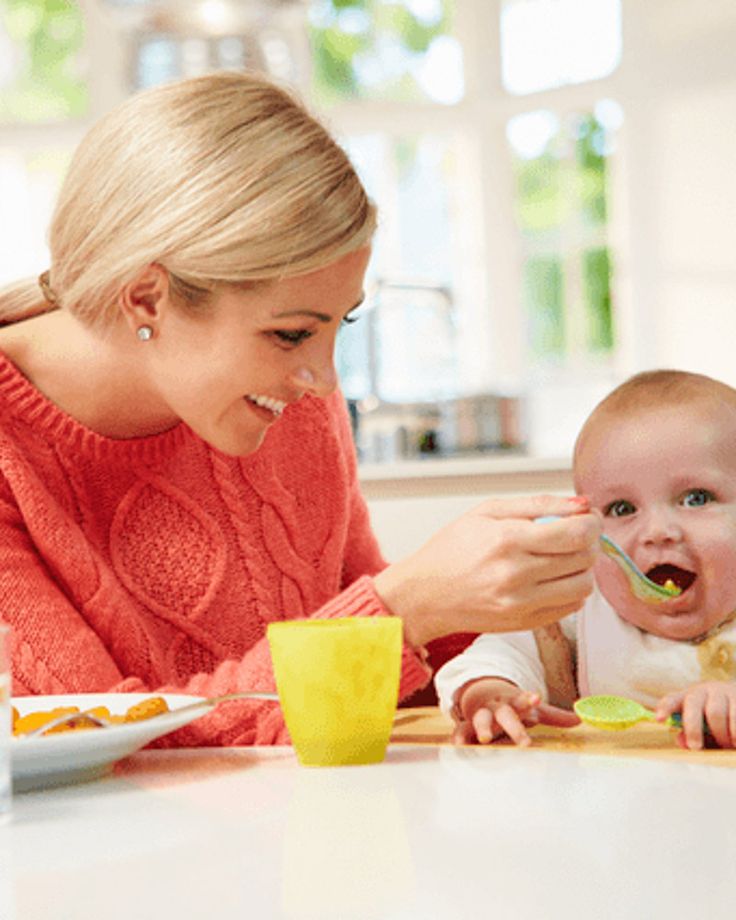 That way, not only is she getting both kinds of breast milk, but she’s also getting double the serving.
That way, not only is she getting both kinds of breast milk, but she’s also getting double the serving.
Free resource: Do you struggle with getting her to sleep? Her awake time just might be affecting how well she sleeps or not. Join my newsletter and get One Mistake You’re Making with Your Baby’s Awake Time—at no cost to you.
Don’t make the same mistakes I did—help her fall asleep with this one simple trick! As one parent said:
“I LOVE your content and want you to know you’re helping so many of us.” -Jordin Edwards
2. Burp between switching sides
Do you find that your baby fusses during feedings, cutting them short? She could be uncomfortable from taking in gas while she eats.
One simple way to eliminate gas is to burp her between switching sides. Simply hold her upright and allow any gas to escape, as well as the food to digest down. Not only are you helping her release gas, you’re also holding her upright, which can prevent spitting up food.
Get more tips on how to burp a baby that is hard to burp.
3. Watch for excessive spit-up
Your newborn could also be extra hungry if she’s not actually taking in the food she had just eaten. In other words, she’s spitting the food right back up.
Like we talked about, holding her upright (especially after a feeding) can help avoid excess spit-up. Make sure you’re also holding her at an angle when you breastfeed to prevent her from feeding flat on her back.
If all else fails, talk with her pediatrician to further discuss health issues or even medicines that can help her stop spitting up so much.
4. Pay attention to weight gain and wet diapers
Your doctor or lactation consultant will know your baby is just fine by making sure she’s gaining the weight she’s supposed to. If you feel like she’s still not feeling satisfied despite frequent feedings, have your doctor check whether her weight gain.
You’ll also want to pay attention to how many wet diapers she goes through.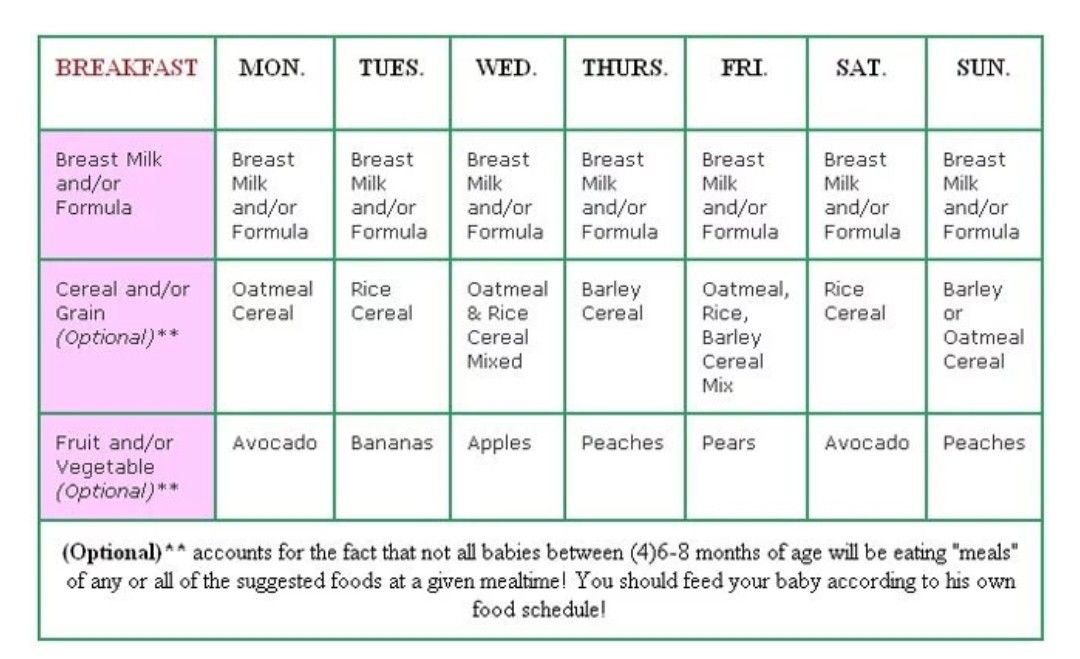 While weight gain is a better gauge of how well your baby is feeding, seeing enough wet diapers can also reassure you that she is, in fact, taking in the milk.
While weight gain is a better gauge of how well your baby is feeding, seeing enough wet diapers can also reassure you that she is, in fact, taking in the milk.
5. Feed on demand
The newborn stage, particularly the early days and weeks, is not the time for a strict feeding schedule. This is when your baby can take a five-hour nap, only to take a 20-minute one next. And the same is true for when and how long she sleeps as well.
While she might cry because of a soiled diaper or uncomfortable pajamas, more often than not, your baby’s hunger is the likely cause. Breast milk digests easily, which means she can be hungrier earlier than formula-fed infants.
And don’t worry that you’re setting her up with “bad habits” by feeding her when she’s hungry. Feeding on demand doesn’t mean she’ll always expect to eat frequently. Instead, she’ll eventually develop her own routine and flow, especially the larger her stomach gets (and the more food she can take).
For now, feed her when she’s hungry, knowing that this is a temporary and important stage in her growth. She knows what her body needs, and this is her way of letting you know she needs to eat.
Learn how to handle a baby feeding every hour and not sleeping.
6. Find a comfortable feeding position
Disclosure: This article contains affiliate links, which means I will earn a commission—at no extra cost to you—if you make a purchase.
Perhaps the simplest way to handle your newborn constantly feeding is to make it as comfortable as possible. Sometimes we feel “stuck” in our positions, unable to move around like the rest of the family, making us even more frustrated.
But you can make the most of it by having a comfortable feeding station. Start by using a good nursing pillow and back support. Keep often-used items within arm’s reach, from tissue paper to snacks. Use it as an opportunity to watch a movie, listen to a podcast, or read a book.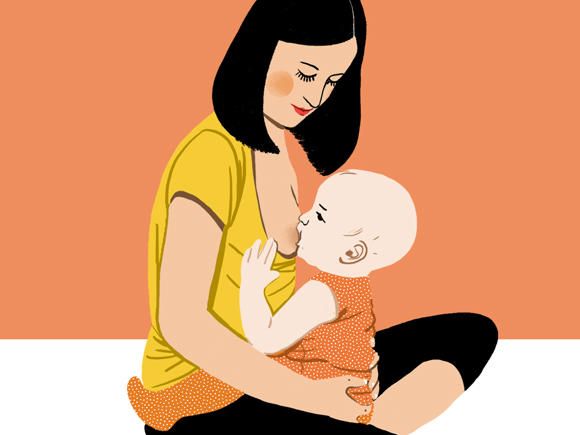
And consider creating several feeding stations throughout the house. That way, you won’t feel alone and isolated in, say, your bedroom, while everyone else is enjoying dinner on the other side of the house.
Conclusion
That first month with my newborn was rough. I must have looked online to read the benefits of breastfeeding every single day just to keep going.
But despite the first few days or weeks, breastfeeding does get easier and will happen in longer stretches. Your baby will feel less fragile and can nurse without a pillow. Your nipples will adjust and you won’t need ointment for long. And most importantly, she won’t cluster feed as frequently as she does now.
Still, in the meantime, you can make this stage as easy and smooth as possible. Make sure she’s emptying each breast so she’s getting both kinds of breast milk (as well as emptying both breasts). Burp between switching sides so she doesn’t fuss because of gas and digestive issues.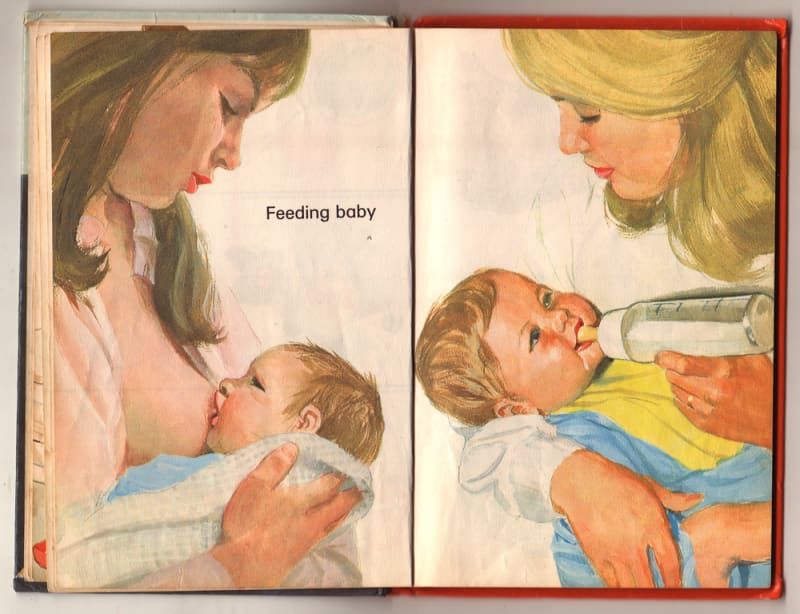
Watch for excessive spit-up so you know she’s keeping her food in. Pay attention to how many wet diapers she goes through, and confirm with the pediatrician that she’s gaining enough weight. Feed when your baby’s hungry, not from a set schedule.
And finally, find a comfortable feeding station (or a few) so that you’re at least as happy and content as possible.
Don’t worry, mama—she won’t always feed this frequently. Especially if, like me, you’re just five days in and ready to throw in the towel.
Get more tips:
- 5 Tips to Stop the Pain After Breastfeeding
- Burping a Newborn After Breastfeeding: Necessary or Not?
- 6 Ways Dads Can Support Breastfeeding Moms
- 12 Breastfeeding Secrets Every Mom Should Know
- How to Burp a Sleeping Baby
Don’t forget: Join my newsletter and get One Mistake You’re Making with Your Baby’s Awake Time below:
My Baby Wants to Breastfeed All the Time! Is This Normal?
Frequent Feeds Are Very Common!
In the first few days after birth, it is very common for newborns to feed constantly, probably around 12 or more times per 24 hours.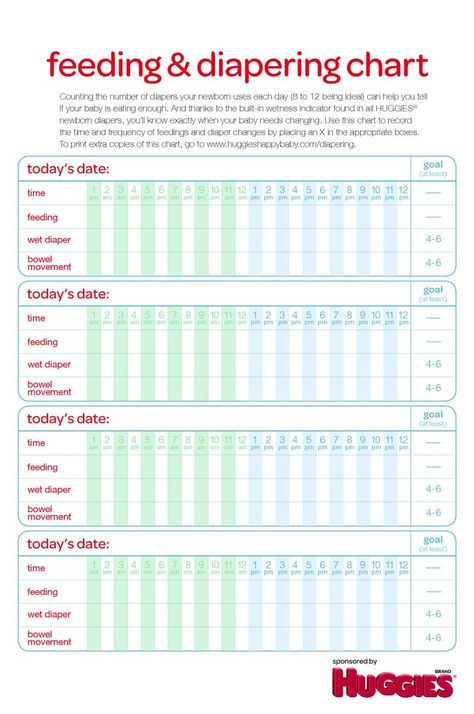 Newborn babies drink very small amounts frequently in the first 1-2 days.
Newborn babies drink very small amounts frequently in the first 1-2 days.
Most newborn babies only drink about a teaspoon (5-7ml) of colostrum at each feed on day one. This is just perfect as their tummy is about the size of a cherry and holds about 7mls at each feed on day one! Perfectly designed!
By day two you start to make a little bit more colostrum at each feed and this gradual increase in milk each day stretches bub’s tummy allowing them to drink more.
Colostrum is a sugary delicious drink but it is not jam-packed with fat at this stage, which means baby needs to keep feeding very often to stay full up.
Remember, every time your baby feeds it helps your breasts build your milk supply in the first month. As your milk increases in volume, from around day 3 onwards, you will notice your baby starts to have longer sleep periods of around 1.5 – 3 hours mostly.
During the first month, newborn babies need to feed on average 8 – 12 times every 24 hours to ensure they are getting enough milk and that you stimulate the breasts enough to keep building your milk supply.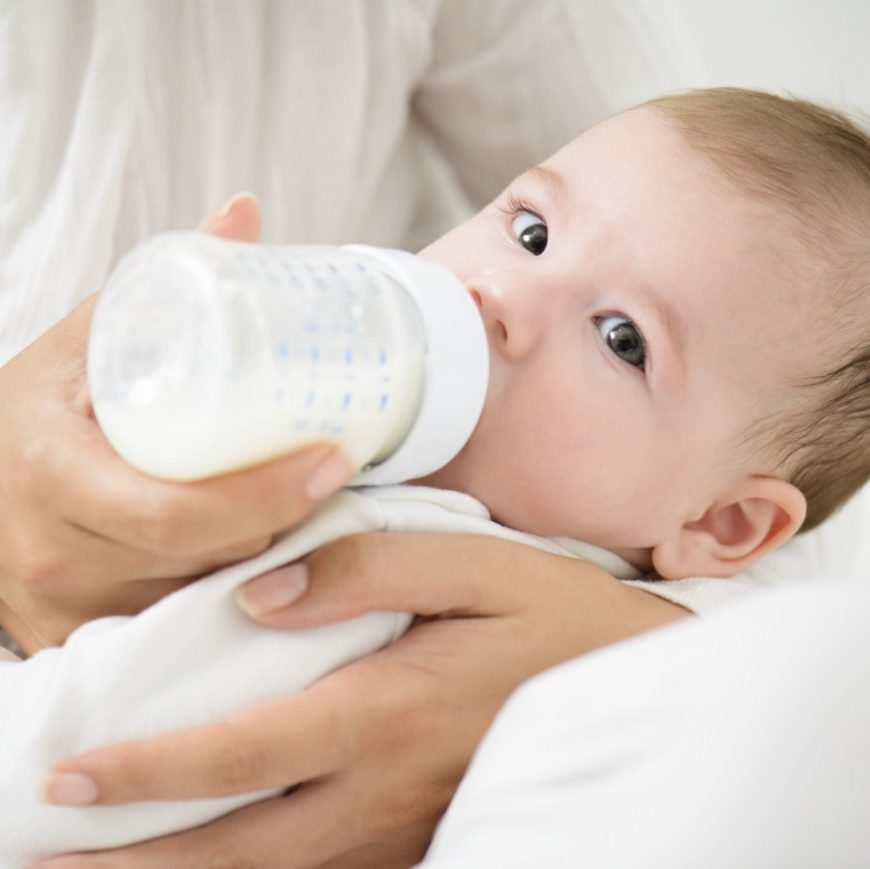 One you have established a good milk supply in the first month you may find that your baby changes their feeding pattern again. Many mums report this happens around 6-8 weeks after birth.
One you have established a good milk supply in the first month you may find that your baby changes their feeding pattern again. Many mums report this happens around 6-8 weeks after birth.
After this first month, research has shown us that babies will breastfeed anywhere from 4-13 times every 24 hours, but most babies still feed on average 10-11 feeds every day.
Each mum and baby’s breastfeeding pattern is different and this is perfectly normal. It is just down to the levels of fat in your milk (and fat levels change throughout the day) and the amount of milk your breast can hold at each feed, as well as how your baby is feeling.
Babies Find Breastfeeding Relaxing
Most babies find breastfeeding very comforting and, just like if we feel upset a hug can do wonders. Likewise, a short extra breastfeed does the same for calming our babies!
Do not compare yourself with another mum and baby’s feeding pattern. It will most likely be completely different from yours. Trying to “force” your baby into strict routines often brings with it tears and stress for mum and bub!
Trying to “force” your baby into strict routines often brings with it tears and stress for mum and bub!
There are, of course, some mums who say that a routine was the best thing for their baby. But these babies are probably the very small percentage of babies who naturally feed every 4-5 hours and would’ve gotten themselves into a strict schedule anyway!
For most babies, a strict routine does not work! Try and go with the flow, listen to your baby’s cues for when they would like a feed and feed them. Just like us, they will not stick to the same “routine” every day.
I bet you didn’t have the same things to eat, in the same quantity, at the same time, with the same glasses of water, cups of tea or snacks as you have today! So why do we think this is normal for our babies?!
Cluster Feeds Continue After the First Few Days
Most mums report that their baby feeds frequently and is unsettled more so during the evening hours, most commonly between 6 – 10pm. Mums often say that their baby wants to be held constantly and feed “all the time” and that baby cries when put down in their cot.
Mums often say that their baby wants to be held constantly and feed “all the time” and that baby cries when put down in their cot.
This is a very normal and common behaviour for babies who are otherwise content during other parts of the day, feeding and gaining weight well and are generally healthy.
Babies do have these periods of cluster feeding, often most present between 2 and 9 weeks of age, but of course some babies will have these periods for several more weeks and still be totally healthy.
Researchers think it is a developmental stage that all babies naturally need to go through. There are a huge number of processes going on in a baby’s brain in the first year. Babies can easily get overwhelmed or dysregulated in the first few months in particular.
Babies who are overtired or overwhelmed, find it hard to calm down by themselves in the first few months of life and need someone to help them. And what better way to be calmed than having a breastfeed, which of course is not just food, but also a pain reliever and a happy hormone giver!
Also, being held and rocked allows baby to feel safe and warm, like being back in the womb. So, it makes sense that they need to be held and fed so much in the evenings after a big day in the big wide world!
So, it makes sense that they need to be held and fed so much in the evenings after a big day in the big wide world!
Normal Can Still Be Tiring!
Even though this is normal, it doesn’t stop it being exhausting. So, it’s important to note how you are feeling and coping.
Some of us have another person around to help us out, whilst other new mums have to manage alone during the cluster feeds. Regardless of your situation, it is important to realise that cluster feeding is normal.
If you are responding to your baby by holding them and feeding them, yet they are still crying in-between feeds you are not causing harm to your baby, you are still showing them love and they will calm when they are able to.
The other thing to remind yourself is that this is temporary. It is important to not place any demands on yourself during these times. Try preparing dinner at times in the day when baby is sleeping well and just re heat and eat when you can during the cluster breastfeeds!
If you have support, share the holding and rocking of baby with another person to give you a break.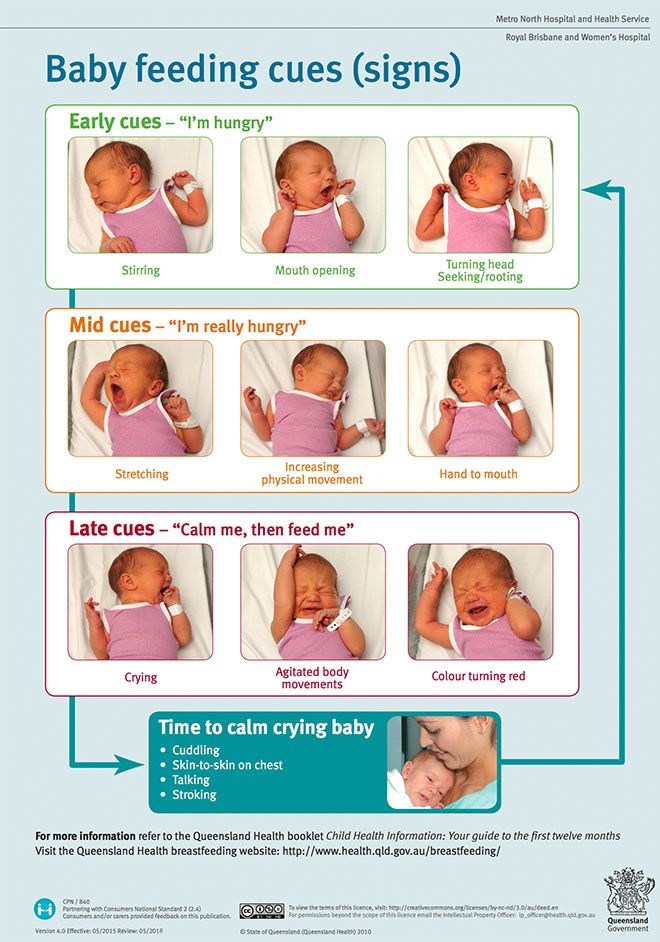 If you do not have supports around at that time, listen to your instincts; if you are starting to feel like it is all too much and you feel worried that you are not coping, place your baby safely in their bassinet and walk away to calm down for a few minutes, before coming back to hold baby again.
If you do not have supports around at that time, listen to your instincts; if you are starting to feel like it is all too much and you feel worried that you are not coping, place your baby safely in their bassinet and walk away to calm down for a few minutes, before coming back to hold baby again.
You could also try knocking on the door of your neighbour, who you know and trust, and asking them to hold your baby for 15 mins or so to give you a break.
Most people will understand and, if they have children, they will have gone through the same themselves. Doing this will not harm your baby, but, will give you time to relax a little and recharge.
If you are finding that you are not coping during other parts of the day then it is important to talk with your GP or contact PANDA http://www.panda.org.au/ for some extra help and support.
If you are concerned that your baby’s crying seems abnormal and you are worried if your baby may be unwell. Please get first line advice from these helplines (below).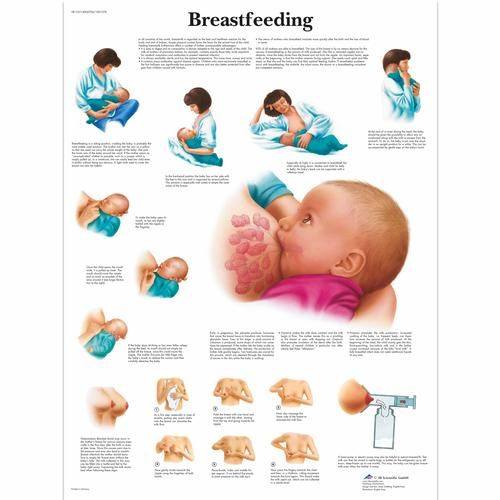 They will be able to give you support and further guidance:
They will be able to give you support and further guidance:
Health Direct helpline (covers all of Australia) 1800 882 436
Maternal and Child Health Nurse 24-hour helpline on 13 22 29 (if you are in the state of Victoria)
Other Things Which Can Help to Relax Babies During Cluster Feeding Times
Skin to skin contact
Having a bath with your baby – only do this if you have another person to help you and baby in and out of the bath and keep you both safe.
“Rocking your pelvis like Elvis” – Whilst holding your baby, try some rocking and swaying moves whilst holding baby either upright, over your arm like superman or in a cradle hold. Each baby will be different in the positions they prefer. You Maternal and Child Health nurse can show you positions for holding and calming babies.
Carrying your baby in a sling. This keeps baby nice and close and creates a womb like environment.
As you rock your baby make a loud “shuuusssshhhh” noise. This is actually calming for babies as it mimics the sounds of being inside the womb.
This is actually calming for babies as it mimics the sounds of being inside the womb.
Try taking 5 deep breaths with your eyes closed before breastfeeding baby to ensure you are relaxed and not tense.
Make sure you get extra sleep in the day time, even if you don’t feel like it make sure you lay down in a darkened, quiet room to rest your body and brain. Over the next few days you’ll soon be drifting off to la la land easily.
Lastly, remember that you cannot spoil a baby by holding them too much. All the information about spoiling babies came out of textbooks written in the early 1900’s!
We have known for years and years that holding and listening to your baby’s needs is the best thing to do, yet we still hear this very bad advice! So listen to your gut instinct and cuddle, love and feed your baby as they need it. This phase will pass and get easier over the next few weeks.
For more information head over to our Medela Australia Facebook page.
Do you ever feel like your baby wants to feed all the time, especially at certain times during the day? Let’s have a chat and support each other!
why this happens, reasons, what to do at home
The lack of calories, like their excess, affects the state of health, the state of the body and the amount of energy.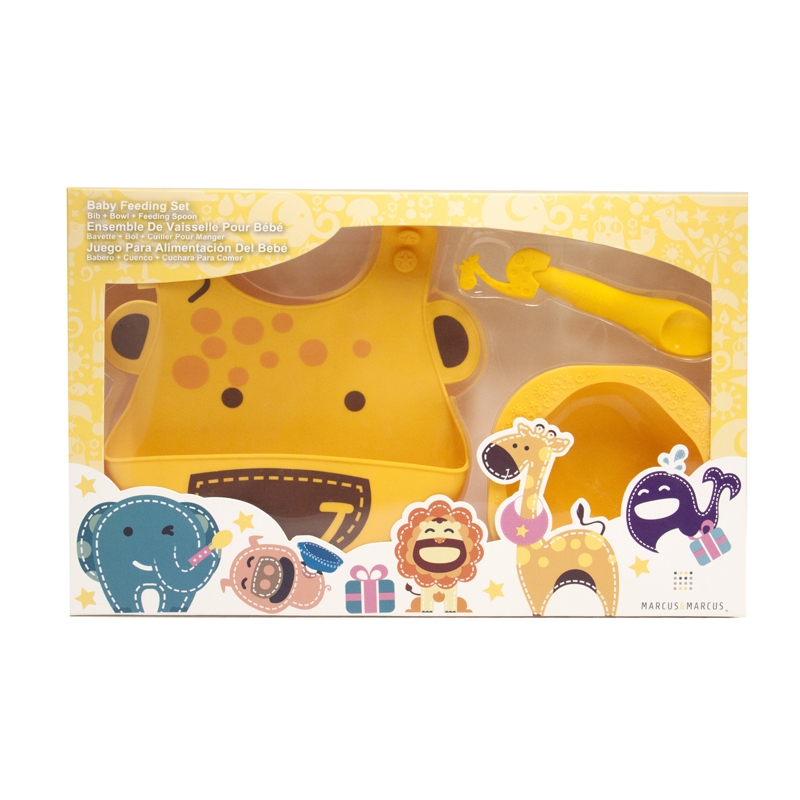 In childhood, as in adulthood, nutrition to a large extent affects the quality of life and affects important physiological processes.
In childhood, as in adulthood, nutrition to a large extent affects the quality of life and affects important physiological processes.
Overeating combined with a sedentary lifestyle can lead to obesity. WHO estimates that 30 million children are overweight and 15 million are obese, with girls being the most common (1).
The eating pattern is formed at an early age and is more difficult to change as the years go by. Therefore, parents should pay attention to what and in what quantity their baby prefers to eat. Why does a child eat a lot and what to do about it? To understand this problem will help nutritionist, nutritionist and pediatric endocrinologist Maria Gerasimova .
How much a child should eat at different ages
Sufficient food helps the body to function normally.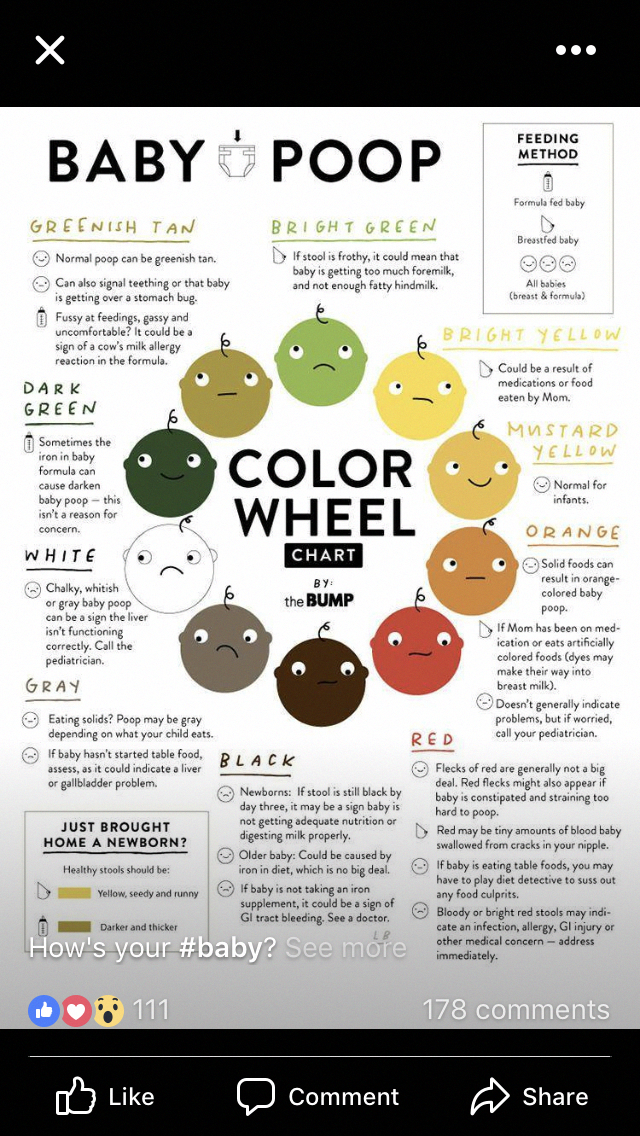 It is important that the diet is varied and rich in trace elements, minerals and vitamins. There should be three main meals and two snacks per day.
It is important that the diet is varied and rich in trace elements, minerals and vitamins. There should be three main meals and two snacks per day.
According to the recommendations of the Union of Pediatricians of Russia (2), the daily amount of food for children varies depending on age.
| from 1 year to 1.5 years | 1000-1200 grams |
| from 1.5 to 3 years | 1200-1500 grams |
increased not only the amount and calories.
| 1 to 2 years | 1200 kcal |
| 2 to 3 years | 1400 kcal |
At an early age, the need gradually increases not only for protein and energy, but also for essential vitamins and microelements, the most significant for growth processes and psychomotor development. The child's diet should contain iodine, zinc, iron, calcium, vitamin D.
Causes of increased appetite in a child
Eating problems in a child can begin at an early age.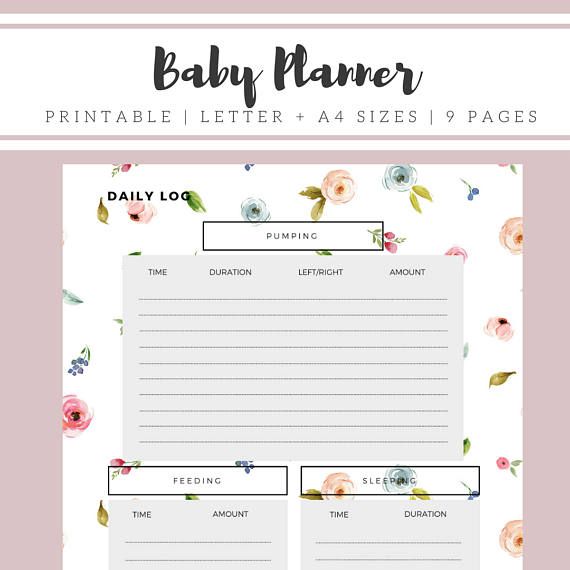 Overeating (eating in excess of the norm) in scientific language is called hyperrexia.
Overeating (eating in excess of the norm) in scientific language is called hyperrexia.
During the weaning stage, a baby's appetite is largely dependent on how his gastrointestinal tract functions. Digestive problems can provoke not only a decrease in appetite and refusal to eat, but also a desire to eat more.
Anemia can be a factor in overeating - a lack of hemoglobin, oxygen-carrying cells. Another common cause is high blood sugar: with diabetes, a child will have an irresistible desire to eat more. The lack of vitamins and minerals also affects the excessive intake of food: when they are not absorbed from food, the body begins to require more food.
Overeating may be due to the fact that parents initially choose the wrong type of food for the child or exceed the daily caloric intake. According to the Institute of Nutrition of the Russian Academy of Medical Sciences, in Russia 20% of children aged 12 to 24 months of life are overweight due to excessive consumption of carbohydrates, sugar and confectionery and insufficient consumption of meat, vegetables and fruits (3).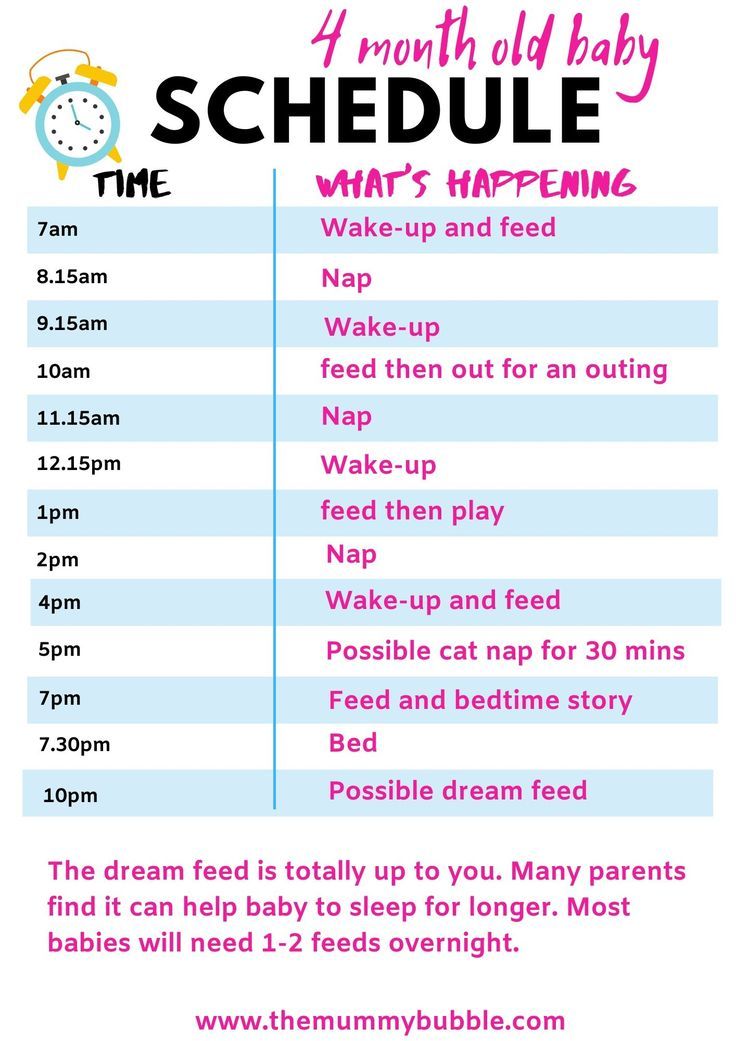
Psychological problems often lead to eating disorders. They can be encountered by both teenagers and young children. When parents regard any crying of a child as a result of hunger, when delicious food is the main source of pleasure in the family, the stereotype is fixed in the baby: “when I feel bad, I have to eat.” The basis of such disorders is serotonergic insufficiency (4). Later, the child develops a mechanism: when he feels bad psychologically or physically, he tries to eat more than the norm. This stimulates the production of serotonin, which is involved in the formation of satiety and emotional comfort. In addition, it is not uncommon for children to be rewarded for good behavior with sweets. This can also negatively affect eating habits.
How else can adults help a child eat too much?
Photo: Val Thoermer, globallookpress.com - When a parent determines a portion for a child, forces them to finish eating, following the innate sense of hunger and satiety is disrupted.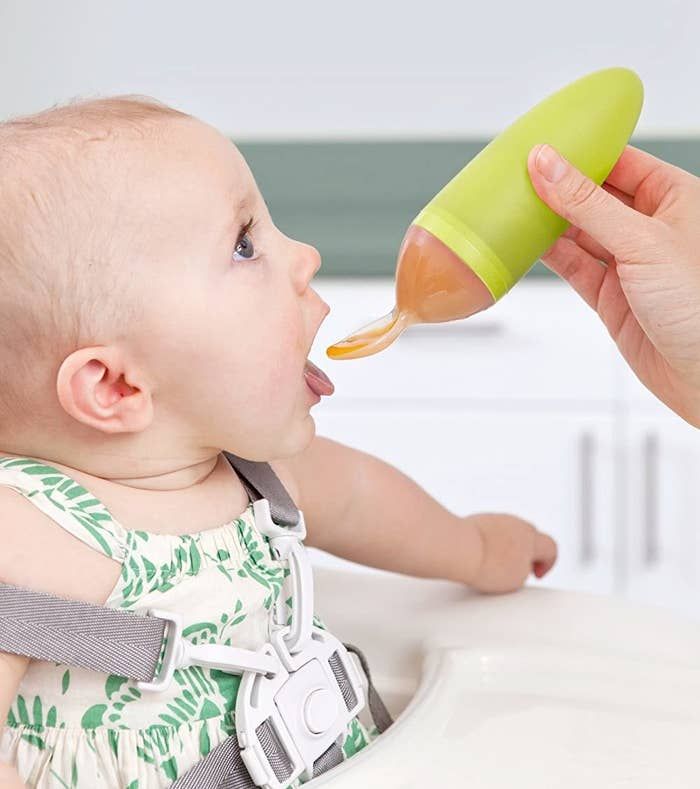 It also happens when food / sweets become a reward, or some kind of manipulation is used to make the child eat this or that food, says nutritionist, pediatric endocrinologist Maria Gerasimova. - As a result, the child eats more than he should and really needs. And not what I would like. Gradually, this habit is fixed and leads to the fact that the child chronically overeats. With age, this eating behavior persists. In addition, a child who grows up with this approach does not distinguish between physical hunger and psycho-emotional craving for food; more often than other children, he tends to seize stress with something tasty, he is poorly versed in his own taste preferences.
It also happens when food / sweets become a reward, or some kind of manipulation is used to make the child eat this or that food, says nutritionist, pediatric endocrinologist Maria Gerasimova. - As a result, the child eats more than he should and really needs. And not what I would like. Gradually, this habit is fixed and leads to the fact that the child chronically overeats. With age, this eating behavior persists. In addition, a child who grows up with this approach does not distinguish between physical hunger and psycho-emotional craving for food; more often than other children, he tends to seize stress with something tasty, he is poorly versed in his own taste preferences.
Sometimes children experience overeating because they were previously restricted in their diet by their parents or because they themselves ate significantly less. A strict diet without a prescription can cause you to overeat on a permanent basis in the future. A baby in the first years of life can overeat due to the fact that his mother followed a strict diet during pregnancy, limiting the intake of nutrients important for the body.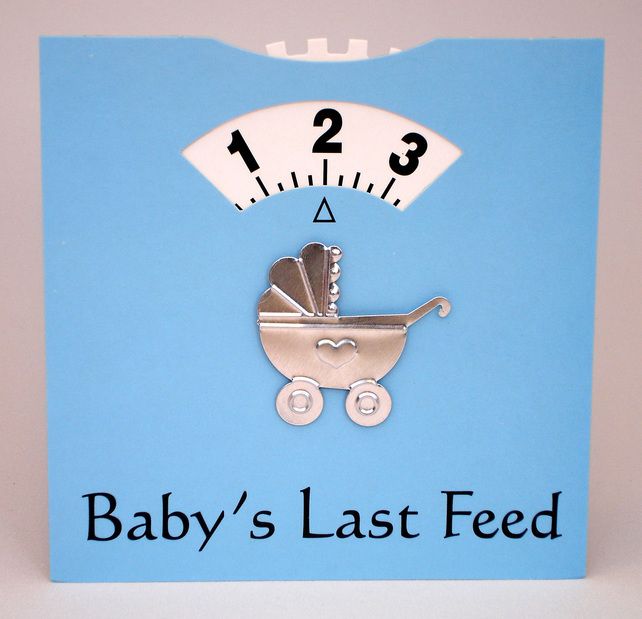
Let's take a closer look at the main reasons that can lead to the fact that the child eats too much.
Diseases
The baby's body can fail even in the first weeks of life. Overeating can be caused by:
- diseases of the gastrointestinal tract,
- diabetes mellitus,
- problems with the production of hormones,
- diseases of the nervous system.
Certain types of gastritis can lead to compulsive overeating. The child is tormented by sharp pains in the abdomen, nausea and vomiting, hyperacid gastritis is accompanied by sour eructation and heartburn (5). With such diseases, nutrients are not absorbed properly and the child eats more even when he feels unwell.
In this case, parents should contact a specialist, it is not worth solving the problem on their own.
Sometimes the child eats a lot in the presence of parasites that feed on particles of the food they eat. In this case, the weight remains at the same level, but the appetite doubles.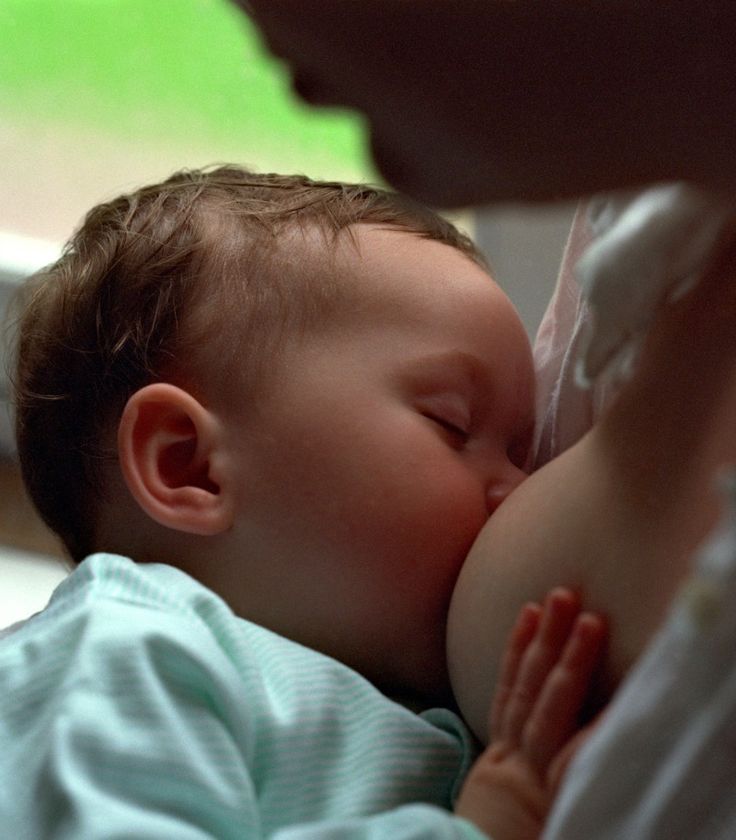
A pathological desire to eat is one of the first signs of type 1 diabetes. The child is constantly tormented by the feeling of hunger, and the number of meals increases to 5-6. In this case, the weight may even decrease.
The doctor will determine the specific cause, and he will also prescribe treatment in accordance with the diagnosis.
Imposed stimuli
Sometimes a child starts eating when faced with stimuli or signals from outside. For example, an association with the smell of some food may work. Or the kid was treated to a tasty treat for good behavior, despite the fact that the child has already had lunch. An unscheduled meal can also be "for the company."
Difficulties in identifying individual nutritional needs can occur at any age, but most often pass from early childhood into adolescence.
Eating as a response to external factors is classified as an eating disorder. This can also include overeating due to psycho-emotional discomfort, “jamming” of problems and excessive appetite due to restrictions.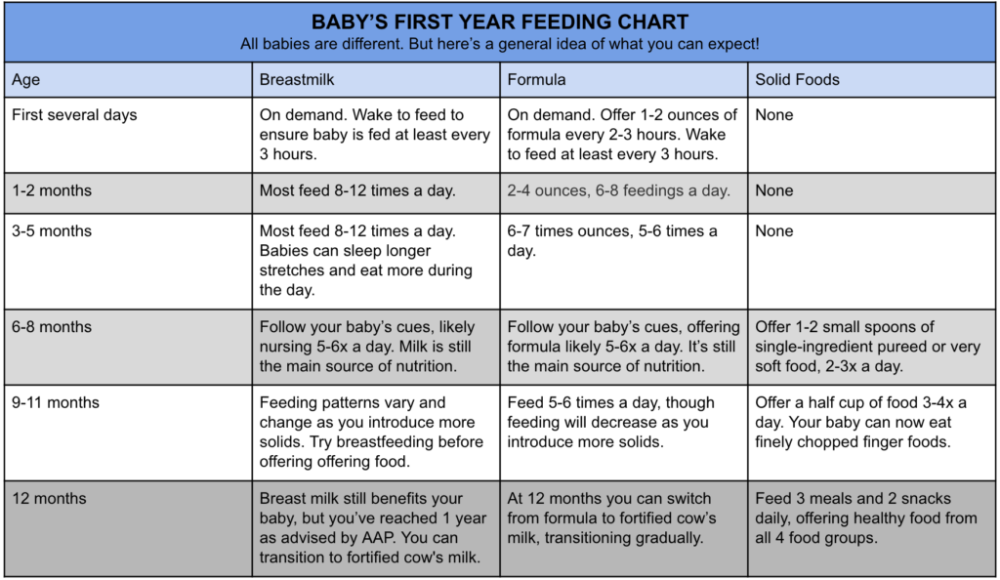
Often, against the background of such overeating, weight gain occurs, which leads to severe emotional problems. A link has been proven: the higher the body mass index in children, the higher the level of depression (6).
Stress
Children in adolescence and adolescence experience stress no less than adults. The period of adaptation of the baby begins from the first days of life, it can be difficult for him due to the fact that he does not feel an emotional connection with his parents or at the age of 3-4 years he cannot socialize. In adolescents, stress is more often associated with studies, relationships with peers, self-acceptance.
In such cases, "sweets" act as a sedative. The child produces endogenous endorphins in response to excessive production of the stress hormone cortisol. Because of this, the desire to eat more increases, but the cause of stress remains.
Consequences of overeating in children
If a child overeats once, it is not terrible.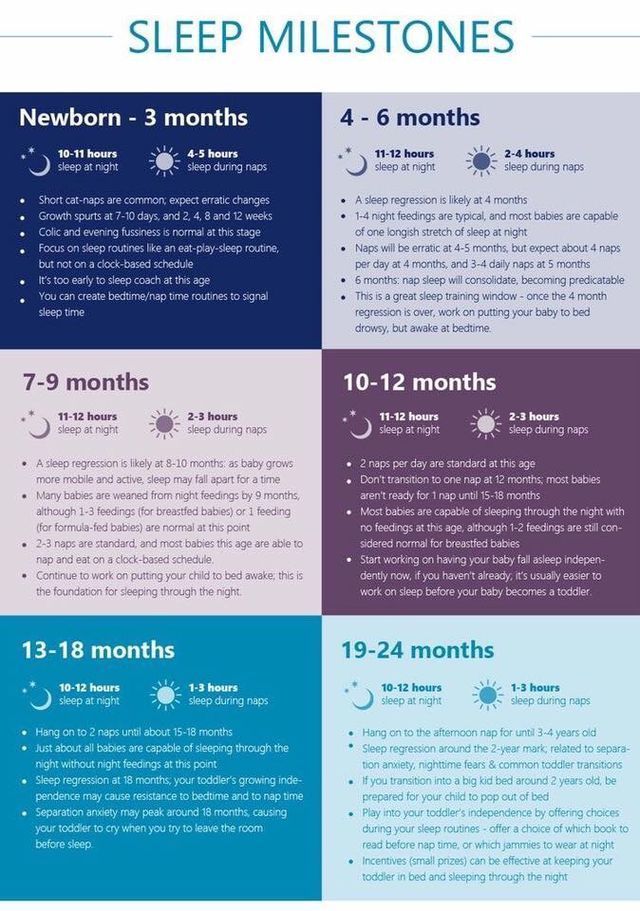 But the constant excess of the daily calorie intake and a sedentary lifestyle lead to consequences that affect the state of the body.
But the constant excess of the daily calorie intake and a sedentary lifestyle lead to consequences that affect the state of the body.
The most obvious is weight gain. If overeating occurs on an ongoing basis, it can lead to obesity. It, in turn, leads to cardiovascular diseases, type 2 diabetes mellitus, reproductive dysfunction, diseases of the musculoskeletal system and the digestive system (7). The diagnosis of "obesity" is made only by a doctor who will assess the child's condition and build a treatment system.
Due to overeating, a child may encounter a number of psychological problems that are not easy to get rid of.
Photo: uwe umstätter, globallookpress.com “Eating disorders are serious psychiatric illnesses that lead to physical health problems,” says nutritionist Maria Gerasimova. - These are the infamous anorexia (extreme self-restriction in food, which can lead to exhaustion and death), bulimia (overeating under stress and then self-cleansing from food by some means), obsessive-compulsive overeating (a way to cope with stress, anxiety and other factors). Psychiatrists, psychotherapists, medical specialists (if indicated) should work with such patients.
Psychiatrists, psychotherapists, medical specialists (if indicated) should work with such patients.
How to stabilize a child's appetite
There are general recommendations that will help to normalize the appetite, as well as specific tips that will work for each age.
An important factor in the formation of eating behavior and an example for children is the eating habits of other family members, primarily parents (8). Already at the age of 2-3 years, the child pays attention to the habits of others and can adopt them. If it is customary in the family to eat at certain hours, the food is varied and rich in useful substances, it is enough to satisfy hunger, but not too much - then there should be no problems with overeating.
Parents usually take care of the baby's nutrition, but with age, the child begins to form his own diet, adding "extra" calories in the form of fast carbohydrates and sugar. As an option, talk about the nutritional value of food, that it is important not only the quantity, but also the quality of food.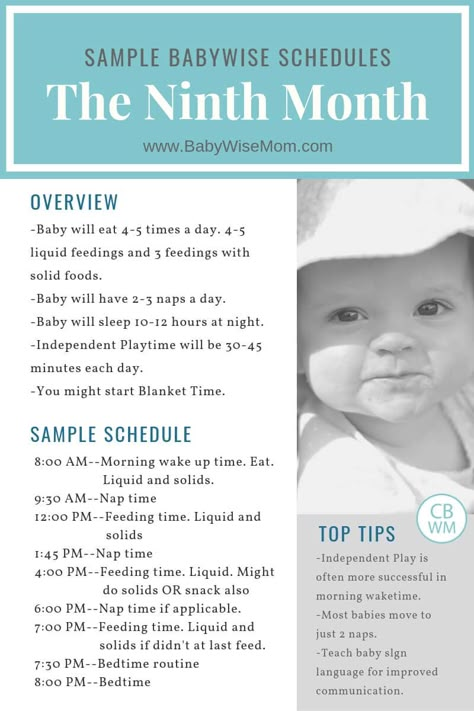
Maria Gerasimova highlights the main preventive measures for the formation of healthy eating behavior.
1. Develop stable harmonious eating habits within the family.
- The best time to start is before conception: a varied mother's diet encourages the child to choose a varied and wholesome diet later on.
- Breastfeeding. Breastfeeding is a factor that contributes to the harmonious formation of eating behavior: it is more difficult to overfeed a child with a breast (unlike formula from a bottle).
- Complementary foods Here everything is in the power of parents: you need to work with your anxiety as much as possible, transfer responsibility for your hunger and satiety to children. This is not always convenient for parents, but it is important from the point of view of the formation of harmonious eating behavior so that children do not overeat and follow the physical need.
2. If there is a tendency to obesity. It is important not to broadcast an assessment of appearance in the family, not to push the child to diets, not to work with specialists who advocate strict diets and urgent weight loss. In the future, these restrictions can also lead to eating disorders, the formation of various deviations in the child and dietary thinking.
In the future, these restrictions can also lead to eating disorders, the formation of various deviations in the child and dietary thinking.
3. Proper diet. It is recommended to monitor the number of meals. Basically, there should be three of them: breakfast, lunch and dinner. In some cases, children are suitable for fractional meals: the number of meals increases, and the portion size decreases. If you can’t do without snacks, make them healthy: a small portion of nuts, vegetables with greens, sugar-free bars with a “healthy” composition.
Do not watch TV or scroll through your phone while eating. Teach your child to concentrate on the process, to chew food thoroughly. Otherwise, it's easy to overeat.
It is necessary to shape the baby's eating behavior from birth. And at every age, use "tricks" to help avoid excessive calorie intake.
Up to 1 year
Most often, up to 6 months, the child is breastfed. After six months, they begin to introduce complementary foods.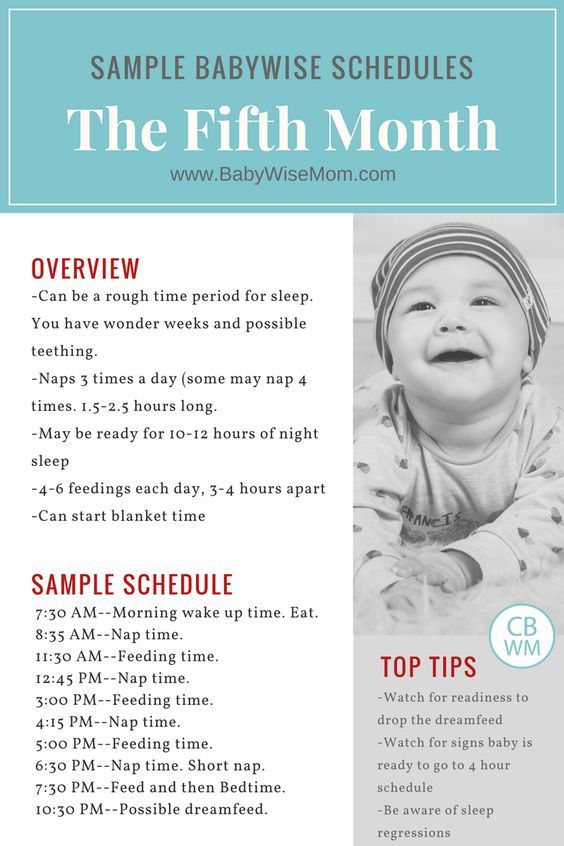 At this stage, it is important not to overfeed the baby, especially if the mother continues to breastfeed or formula at the same time.
At this stage, it is important not to overfeed the baby, especially if the mother continues to breastfeed or formula at the same time.
Fruit and vegetable complementary foods are of great interest due to the wide range of flavors. This provides a variety of diets, and also affects the prospects for consumption of vegetables and fruits in the future. Research suggests that if your baby is eating fruits and vegetables by 6 months, they are less likely to turn up their noses at school age (9).
Until the age of one, it is necessary to monitor the reaction of the baby to certain foods. You should not limit the child, but you should also introduce new products into the menu gradually, without overloading the small body. This also applies to the consistency of food: at 6-8 months it is better to make mashed potatoes, and after 8 months you can add food with pieces. Equally important is the portion size.
1-2 years
At this age, the child begins to choose the foods that he likes best.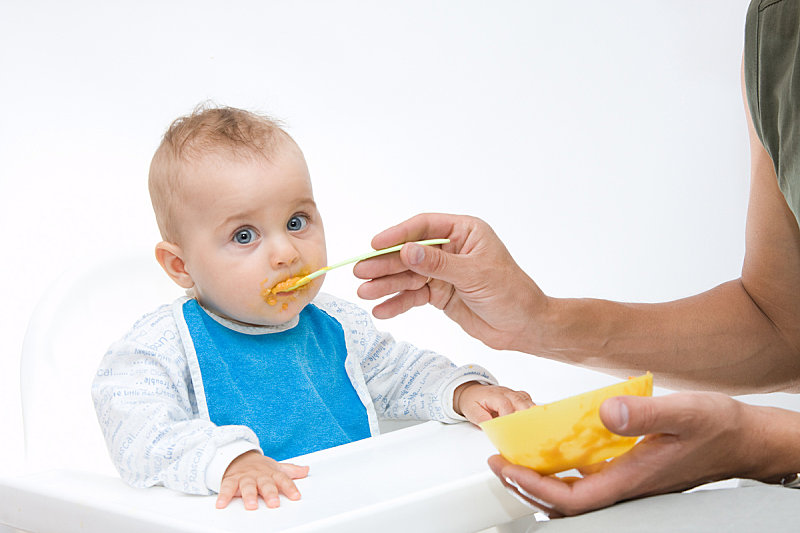 Therefore, it is especially important to diversify the baby's diet with the help of fermented milk products, meat and fish, fruits and vegetables.
Therefore, it is especially important to diversify the baby's diet with the help of fermented milk products, meat and fish, fruits and vegetables.
After 12 months, the child's gastrointestinal tract becomes accustomed to many foods that adults eat. Up to 2 years, the daily need for kilocalories is about 1200-1300. To prevent your child from overeating, you should not give him a lot of "liquid" calories, such as juices or liquid baby cereals. It is better to give preference to whole foods.
3-5 years old
Young explorers aged 3 to 5 come to the kitchen not just to satisfy their hunger: for many it is a real ritual. It is important to encourage the child that he adheres to the norms of nutrition, does not lean on sweets and moves a lot.
The weight of a single serving at 3-5 years old should be approximately 400-500 grams. Calorie content for a three-year-old child is 1550 kcal, for older children - 1950 kcal.
5-7 years old
In order for the child not to overeat, it is worth diversifying the menu. It is optimal to pre-paint it for a week and make preparations. When cooking, use natural products.
It is optimal to pre-paint it for a week and make preparations. When cooking, use natural products.
The child will stop reaching for sweets if meals are balanced in terms of the ratio of proteins, fats and carbohydrates. And don't skip breakfast - it's the main meal that helps set you up for a productive day.
Older than 7 years old
The temptation to eat more sweets or have another snack increases when the child goes to school. It is more difficult for parents to control his nutrition, but it is possible.
Make sure you have snacks in between classes by putting together a container of healthy snacks.
Do not scold a child if he began to bite, ate too much candy or ate too many pies. The best thing you can do is talk to him about it, find out the reason and try to help. Remind your child that food is meant to keep you healthy, improve your quality of life, and enjoy it.
Popular Questions and Answers
Parents may find some issues related to overeating in children. We answer the most popular questions.
We answer the most popular questions.
Why does the child eat a lot, but does not gain weight?
Some diseases may be the cause. For example, with parasitosis, a child will eat many times more, but at the same time his weight will remain normal. A similar situation can arise with a violation of the thyroid gland, with the development of type 1 diabetes mellitus.
If a child often asks for a supplement, eats more than usual, and his weight does not increase or even decreases, it is worth seeking help from a specialist.
How do you know if a child is eating enough?
In infants, you need to monitor the feeling of hunger, monitor the reaction to certain foods, pay attention to how the baby digests vegetables introduced into complementary foods.
Older children can be asked appropriate questions, if necessary, add snacks to the main meals. Remember that for each daily norm of food consumed is individual.
When should I see a doctor about binge eating?
A dietitian is involved at the stage when the patient is stable and able to work with his habits, change the diet. In patients with eating disorders, there is no question of weight correction until there is compensation for the underlying disease.
Sources
- Peterkova V.A., Remizov O.V. Obesity in childhood // Obesity and metabolism. 2004. No. 1. P. 17–19
- National program for optimizing the feeding of children in the first year of life in the Russian Federation. M.: Union of Pediatricians of Russia, 2010.
- Kazyukova T.V., Tulupova E.V. Nutrition in early childhood is the main factor in the formation and maintenance of health in later life // Pediatrics. 2012. URL: https://cyberleninka.ru/article/n/pitanie-v-rannem-detstve-osnovnoy-faktor-formirovaniya-i-podderzhaniya-zdorovya-v-dalneyshey-zhizni/viewer
- Mikhaleva O.G., Berezina M.V. Modern view on the problem of obesity // Irkutsk State Academy of Postgraduate Education, 2011.
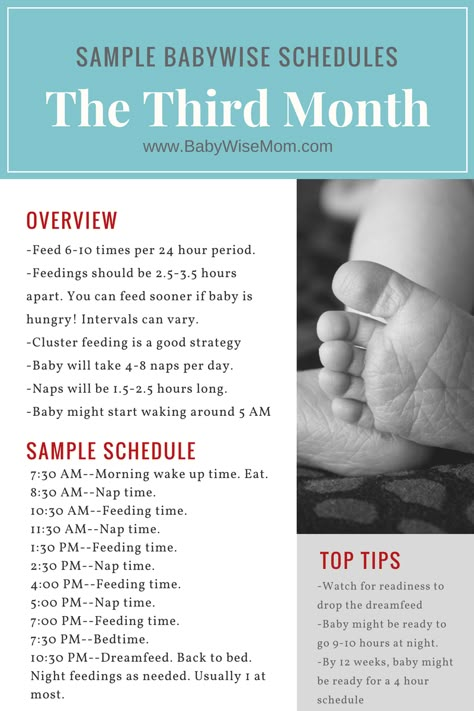 URL: https://cyberleninka.ru/article/n/sovremennyy-vzglyad-na-problemu-ozhireniya/viewer
URL: https://cyberleninka.ru/article/n/sovremennyy-vzglyad-na-problemu-ozhireniya/viewer - Savitskaya E.V. Features of gastroduodenal pathology in children of preschool and primary school age // Children's gastroenterology. 2008. No. 3. P. 35-37
- Zagrebaeva O.Yu., Solntseva A.V. Psychological aspects of the formation of various forms of obesity in children // Scientific research. 2016. URL: https://cyberleninka.ru/article/n/psihologicheskie-aspekty-formirovaniya-razlichnyh-form-ozhireniya-u-detey/viewer
- Romantsova T.I. Epidemic of obesity: obvious and probable causes // Obesity and metabolism. 2011. №1. pp. 5–17
- Bulatova E.M., Butko P.V., Shabalov A.M. Eating disorders as a predictor of obesity and metabolic syndrome: is prevention possible? // Pediatrician. 2019. Volume 10. No. 3. pp. 58-60. URL: https://cyberleninka.ru/article/n/narushenie-pischevogo-povedeniya-kak-prediktor-ozhireniya-i-metabolicheskogo-sindroma-vozmozhna-li-profilaktika/viewer
- Coulthard H.
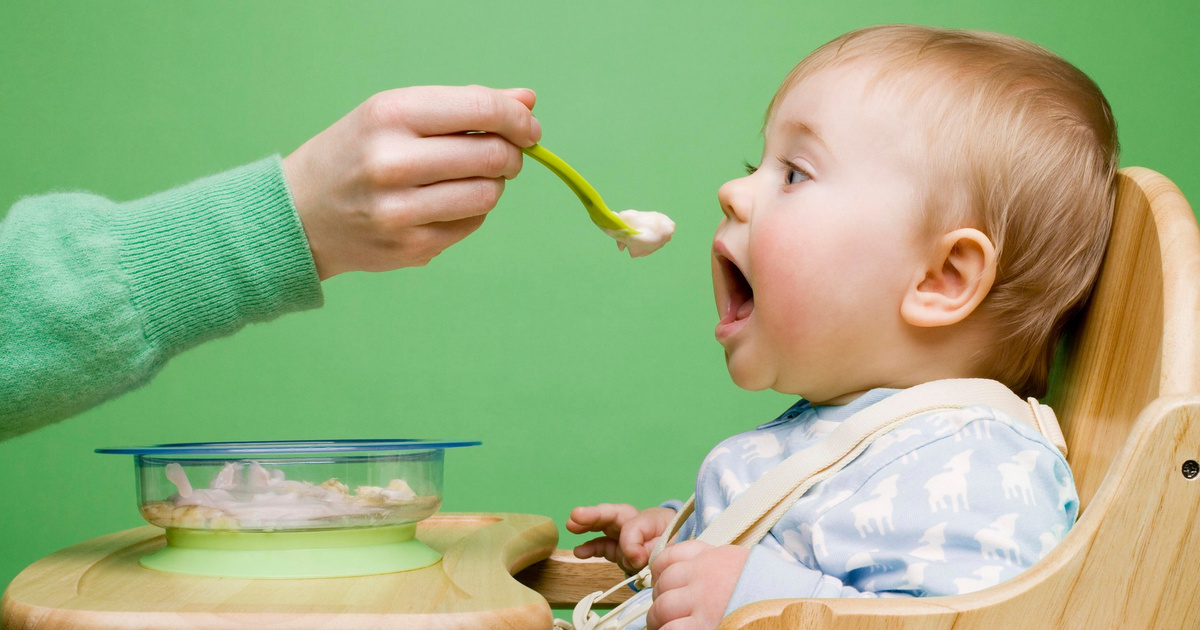 , Harris G., Emmett P. Long-term consequences of early fruit and vegetable feeding practices in the United Kingdom. Public Health Nutr. 2010 URL: https://www.cambridge.org/core/journals/public-health-nutrition/article/longterm-consequences-of-early-fruit-and-vegetable-feeding-practices-in-the-united- kingdom/526442B43D13F0E8B3974055429D37DE
, Harris G., Emmett P. Long-term consequences of early fruit and vegetable feeding practices in the United Kingdom. Public Health Nutr. 2010 URL: https://www.cambridge.org/core/journals/public-health-nutrition/article/longterm-consequences-of-early-fruit-and-vegetable-feeding-practices-in-the-united- kingdom/526442B43D13F0E8B3974055429D37DE
The child constantly wants to eat - what are the reasons and what to do?
In Soviet times, when there was not such a variety of products on the shelves as now, children were not very tempted to eat. In modern stores on the shelves are full of bright packs of sweets, lollipops, cookies, buns. A psychological phenomenon that affects children, including: the more harmful the food, the more you want to eat it. If you do not follow the child, he can drastically ruin his metabolism by eating only sweet, starchy or fatty foods. Parents should monitor the children's diet so that a healthy figure is laid from a young age. And you should definitely think about why the child constantly wants to eat, especially if this leads to fullness or even a gag reflex.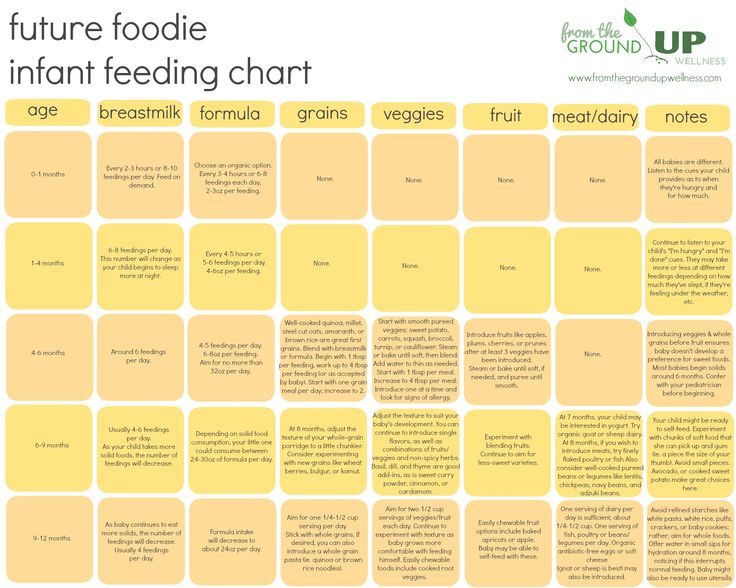
The child constantly wants to eat - the causes of the problem
The child's body is special. The stomach of a child is smaller than that of an adult. However, sometimes irresistible hunger makes him eat as much food as it doesn’t “fit” into a full-fledged Uncle Styopa. Anxious parents are the first to exclaim, "He's bulimic!" It wasn't there.
This disease, in addition to increased appetite, is accompanied by intentional vomiting and complexes regarding their excess weight. However, children, even very thin ones, sometimes ask for supplements during feeding or constantly carry cookies. Let's understand the reasons.
| Reason for overeating | Description of reason |
|---|---|
| Hormonal changes | During puberty, boys and girls eat a lot. But, if they eat too much food, it will lead to the appearance of excess weight. Along with the difficulties of adolescence, the child may experience psychological problems. Therefore, it is worth feeding him the right food (first and second), so that there is no temptation to eat sweets or fast food. Therefore, it is worth feeding him the right food (first and second), so that there is no temptation to eat sweets or fast food. |
| Chewing habit | If your little one eats a lot, it may be because he is just used to chewing something all the time. It is better to offer him a delicious fruit than cookies and sweets. |
| Heredity | Do not forget about heredity. When parents are not thin, their child is likely to be the same. You can rarely fight with this, it is more important to teach you to accept your complexion as it is. Or ask a nutritionist for help. |
| Stress | If the child began to eat a lot, probably, in this way he simply eats problems. In this case, parents should spend more free time with him, try to establish a trusting relationship. |
| Child's mobility | If your child is energetic, active, constantly running around and thus wasting energy, it is not surprising that his appetite will be more than usual. Just provide him with food rich in carbohydrates - and you will have peace and happiness. Just provide him with food rich in carbohydrates - and you will have peace and happiness. |
| Wrong food | As you know, our vivacity, strength and mood directly depend on what we eat. If you are used to chewing carrots and celery from morning to evening, these are no reasons to subject your baby to vegetarian "torture". When the principles of the family are such that the child is forced to refuse to eat meat, liver, eggs and other healthy foods, then you should contact a specialist who will recommend the right diet. |
There are also reasons why a child eats a lot of sweets:
- Firstly, at his age he may lack certain substances in his body. He tries to make up for them with sweets. This means that you need to feed your baby with cereals that are rich in complex carbohydrates. If the child constantly wants to eat sweets, in no case should you go on about. Eating sweets in the form that is meant by a little tomboy is harmful.

- Secondly, you may have used foods that your baby doesn't like during weaning. And he tries to make up for it with sweets and chocolate.
- Third, we all know that forbidden fruit is sweet. If parents intentionally hide goodies from a baby at 2-3 years old, he will go to great lengths to get them. It's more about interest than true appetite and desire to eat. Grown up kids understand more about what food is good for a snack and what is not. The positive example of parents is important.
Why does a child constantly want certain foods
An unusual situation arises if a child refuses sweets, but eats a lot of salt. This may be due to the fact that during pregnancy, the mother was drawn to cucumbers and other pickles, so the baby is used to such food. Or in his diet there is not enough meat products, for that there is a lot of food of plant origin.
If a child eats a lot of bread, it means that he lacks some microelements and B vitamins.